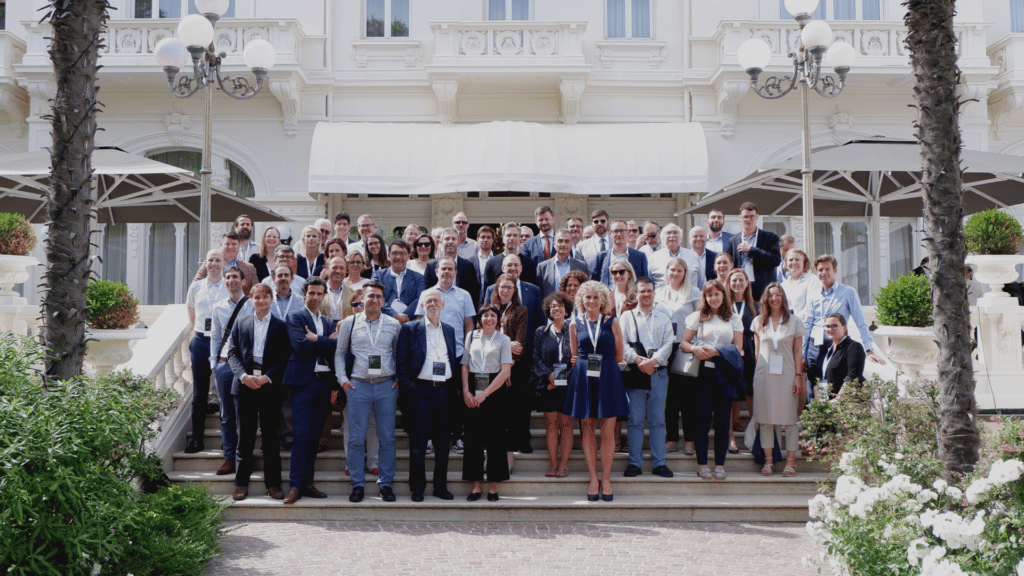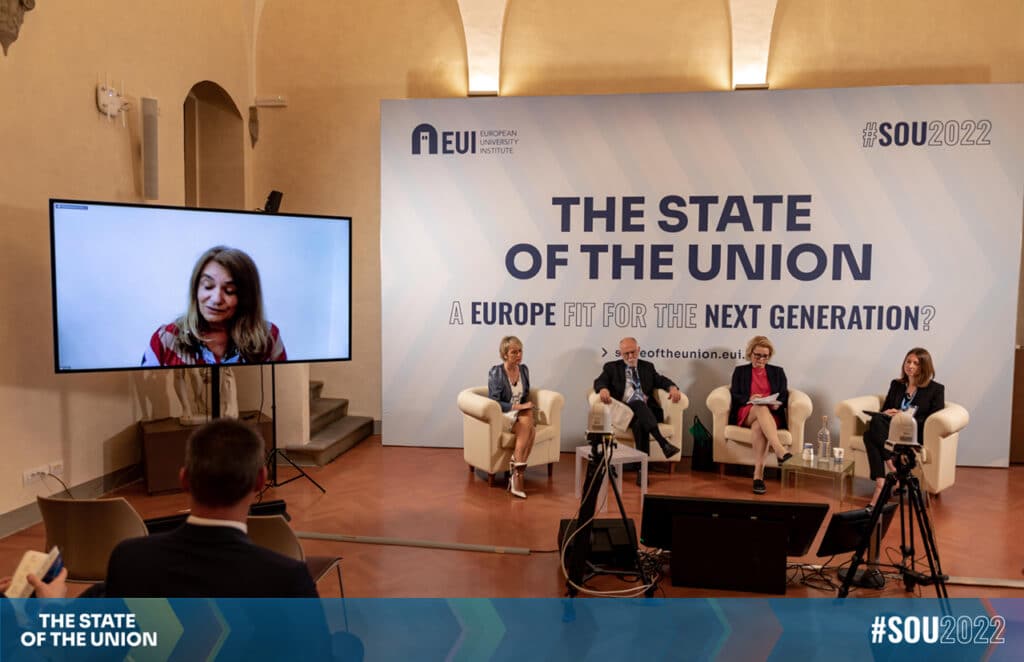The Decentralisation Via Self-Regulation of Online Platform and Competition Policy Challenges: A Study on Go-Jek in Indonesia – Wahyuningtyas, S. Y.
The paper “The Decentralization Via Self-Regulation of Online Platform and Competition Policy Challenges: A Study on Go-Jek in Indonesia” (Wahyuningtyas, S. Y. ) will be presented at the 7th Conference on the Regulation of Infrastructures (21-22June, 2018).
ABSTRACT
The emergence of the digital market brings new challenges to competition policy in how innovation could fit in the policy on one hand, and on the other hand, what would be the suitable approaches of competition policy to cope with innovation. The paper deals with the current development in Indonesia as a show case on how innovation responds to market demand faster than state regulations. Go-Jek exemplifies this development in the way it meets the need of public transportation and expands the services to delivery of foods, documents, and goods, offers other services such as shopping and money transfer. Thus, from tackling transportation problems to answer various needs of the community, it started to create new markets. The use of a sharing economy model as the underlying idea for an online service network by market players, like Go-Jek, raises a question regarding the best approach to address such development while maintaining fair competition in the various service markets both offline and online. An attempt to restore the imbalance of competition due to regulation asymmetry is done by decentralizing the law-making process by means of the self-regulation of the online platform.
While policy makers and regulators struggle to reach a compromise about the most workable policy and regulation, markets might take initiatives to regulate themselves in order to shield the interests of the contracting parties. Although the principle of the freedom of contract protects such market-initiated regulation, questions remain about the extent to which the party interests are balanced and how self-regulation could meet established public policy. Hence, to what extent state intervention would be needed.
The analysis will take into account two main the Indonesian competition authority (Commission for the Supervision of Business Competition, hereafter KPPU) Regulations that refer to innovation as a key element in guiding how competition law should be implemented by the competition authority. First, innovation has a place in competition policy consideration in the context of the interplay between competition law and intellectual property rights. Second, innovation is used as a reference when evaluating whether a certain policy or regulation results in the decrease of consumer welfare when it reduces the incentive to compete.
The discussions in the paper resolve the problems into two key issues: First, how and to what extent self-regulation of online platform plays a role to decentralize the law-making process to regulate the transactions being done on the platform. Second, which challenges posed to competition and how competition law should deal with them. The study focuses on Go-Jek to represent the new emerging market players in online business in Indonesia.
The presentation is available here.
ABOUT THE AUTHOR
Sih Yuliana Wahyuningtyas is a senior researcher, lecturer, and the Head of Business and Competition Law Study Group at Faculty of Law, Atma Jaya Catholic University of Indonesia in Jakarta-Indonesia with major research interests in competition law, data protection and privacy, IT law, IPR, and the intersection between them. Before returning to Indonesia, she was a postdoctoral researcher at CiTiP (Centre for IT and IP)-iMinds-KU Leuven (Belgium). She obtained her PhD from Ludwig Maximilians University in 2011 and was a guest researcher at Max-Planck Institute for Innovation and Competition in Munich, Germany. She has numerous works on how innovation in online platforms and the sharing economy well as on multi–sided platform, data privacy, and online reputation challenge the current competition law analysis and policy. Public policy has also become one of her main research interests. In 2015-2016 she was involved in a research project for the European Commission in Belgium on the “Study on Future Trends and Business Models in Communication Services (SMART Project)” and in 2012 she advised the Indonesian competition law authority on topic of the use of leniency program to combat cartels to assess a better competition policy and law enforcement model.






